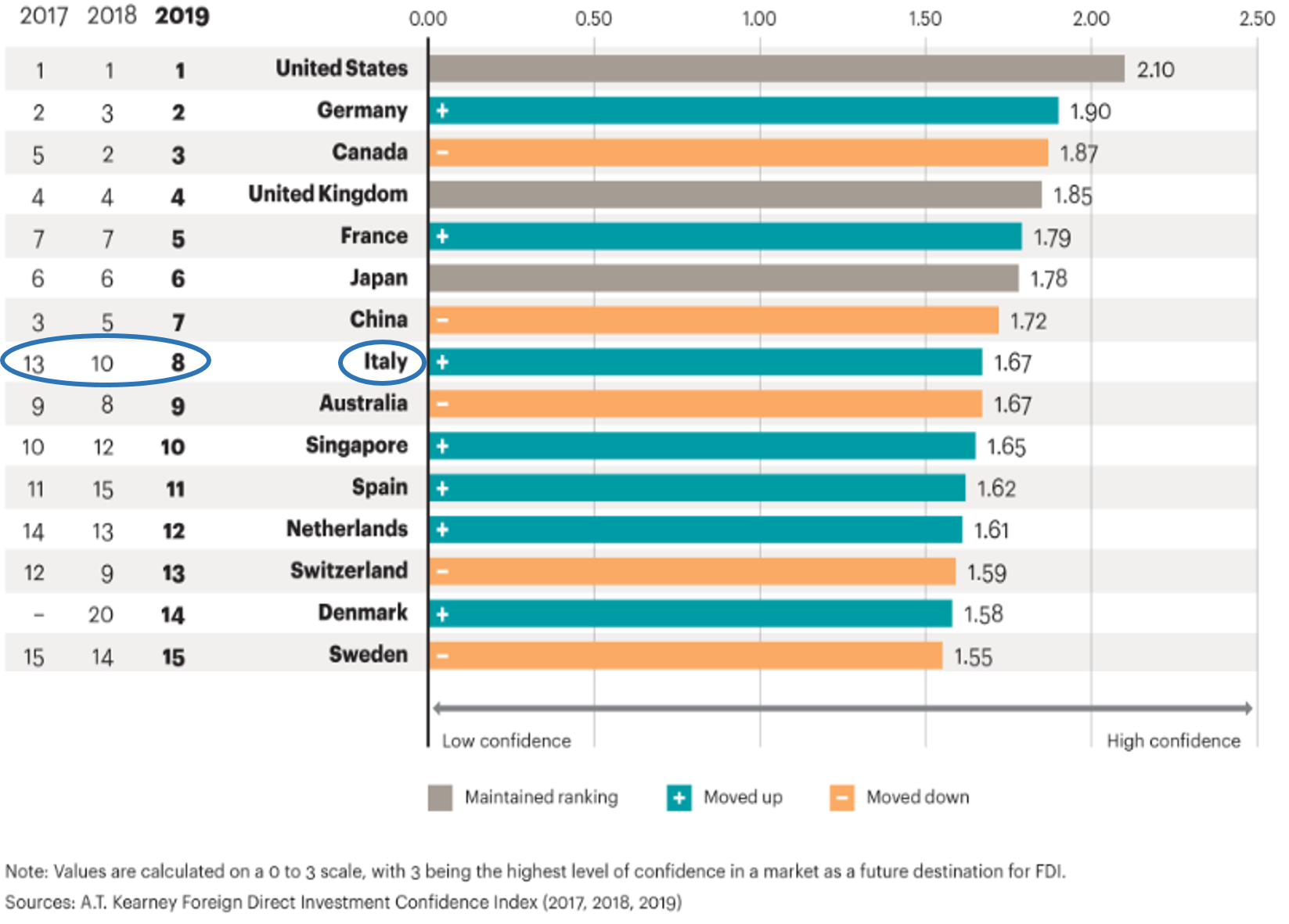
Understanding The Basics Of Finance
Finance is a broad term for things regarding financial issues-generally things concerning investments, creation, and management of financial resources. There are many financial markets; these include credit markets, securities markets, foreign exchange markets, insurance markets, commodity markets, bond markets, and commodity markets. The main reason why the word “finance” has several definitions is because there are so many ways to approach it. It is often used as an umbrella word that encompasses many different financial instruments. In layman’s terms, it can be described as the method by which financial institutions make and manage loans and other financial obligations.
The discipline of finance is vital in all kinds of economic activity. For instance, it is the science of risk management. Risky assets increase in value if they are put at risk in certain economic circumstances. This risks being converted into more valuable securities or accounts, creating an asset portfolio with higher asset value. Finance professionals help in identifying the most appropriate instruments for different kinds of risk management and determine when they should be used.
One area of financial expertise is risk analysis, which evaluates the probability of an investment’s return. It is necessary in asset and equity investment, business and financial markets, and housing finance. Other areas of study that directly affect finance are time value of money, savings, inflation, business cycles, and the theory of financial economics. All of these require long-term data sets and constant attention. Financers and economists who specialize in financing are required to have a strong knowledge of time value of money, inflation, fiscal policy, banking, and business cycles.
The promotion of financial position is done through effective management of domestic and international monetary resources. Since this involves both stock and fixed income instruments, it is also an important branch of finance. Managers use fiscal policy, financial metrics, and the index of market capitalization to evaluate a company’s financial position. In order for managers to understand the risks and rewards associated with different aspects of corporate finance, they rely on a wide variety of inputs such as current financial statements, credit ratings, corporate bonds, and financial statements. While corporate finance continues to be an important part of every country’s economy, it is crucial for managers to continue to understand the ins and outs of the process.
As mentioned before, one of the main aspects of this field is analyzing the risk/reward trade-offs involved with investments in financial instruments. One example includes financial derivatives, which include options, currencies, and interest rates. Managers can apply the theory of demand and supply to ensure the proper mix of investments; this is known as financial engineering. They also analyze the mix of assets and liabilities, as well as determine how those mix affects returns. There are many factors that influence the performance and value of financial instruments, and managers must therefore have a thorough understanding of these in order to properly design and implement strategies for investing.
In order to perform their duties, finance professionals must possess sound knowledge in accounting, economics, risk/reward management, debt financing, portfolio management, money management, asset and liability management, financial markets, banking, and other related fields. While many degree programs exist at both traditional Universities and online institutions, many choose to go straight to work by earning a bachelor’s degree in finance. With the advent of the internet, finance has taken on a new face with many online colleges offering programs for finance professionals who wish to further their education. Online programs allow those with existing degree programs to earn a graduate degree or certificate in finance. For those already working in the field but seeking to enhance their knowledge and skills, online programs allow for flexible schedules and great flexibility while still fulfilling core requirements.















